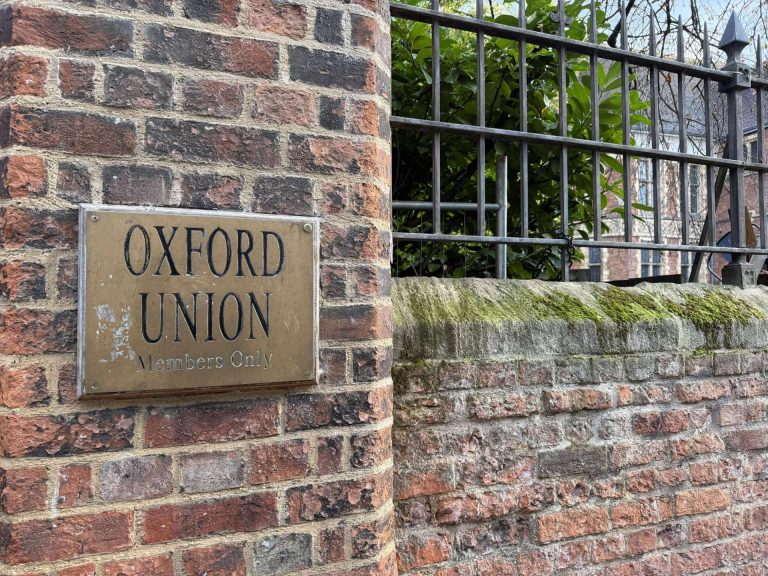Students studying abroad have several challenges, especially with accommodation. Due to limited resources, committing to high-rental homes on long & strict leases makes foreign students’ lives harder. That’s why, due to the surge in housing costs, there is an intense desire for independence among students seeking a flexible way of living.
With the emergence of caravans, students are now adopting mobile living options that offer both freedom from long leases and affordability. In cities like Oxford, mobile living is becoming an increasingly integral part of students’ experiences.
While students enjoy living in caravans, mobile living also has its limitations and challenges. Though caravans are becoming popular, not every location permits them due to several reasons. Moreover, one cannot ignore security concerns. Therefore, students must find a practical solution to address these problems. Luckily, they can have caravan insurance to protect themselves from unexpected expenses. Which further makes mobile living a better option!
Why Mobile Living Appeals to Students Abroad
Students, especially those with limited budgets, living abroad, have to look for accommodations that suit their needs within their budget. Apart from this, several students who are abroad for a limited time don’t find time-bound contracts or restricted rules suitable for a short stay. That’s why mobile homes are becoming popular among foreign students, as caravans and mobile homes offer a cheaper alternative at reasonable prices.
- Expensive housing in university cities like Oxford makes student halls and flats unaffordable for many: In a university city like Oxford, international students struggle to find affordable housing because it is in short supply and expensive.
- Limited availability of properties near campus adds pressure during peak intake seasons: Moreover, finding a place close to campus is highly challenging for them due to the high rent. The place has seen several students turn to caravans and mobile homes as a result. These alternatives not only allow them to stay near the city without the financial burden but also give them more independence than living in student halls.
- Strict tenancy agreements make it difficult for international students who need flexibility: Another reason students are drawn to mobile living is the freedom it brings. Not all foreign students have long-term study plans. So, agreeing to strict tenancy agreements is a big no for them. Mobile homes, on the other hand, do not bind them with strict rules and regulations. They can move freely as per their need, sometimes closer to university areas.
- Gives them liberty and a sense of adventure while focusing on their studies: Finally, mobile living gives students studying abroad a sense of adventure. It helps students experience the city, shift between multiple places, explore new areas, and bond with a new crowd, all while maintaining focus on their studies.
Is Living in Caravans Isolating Students or Allowing Them to Bond?
Many parents and prospective students worry that living in a caravan might leave young people feeling isolated. But in reality, the opposite often happens. Caravan sites around Oxford usually feel like small communities. Students live alongside travellers, retirees, and other residents. This mix of people helps create new friendships and allows students to learn from different cultures and generations. It makes life abroad feel less lonely and more connected.
The mobile lifestyle can complement the typical university routine. A student may choose a caravan for the freedom it offers, yet still participate in campus life. They can study late in the library, join clubs, and even attend formal college dinners. This balance of independence and community provides them with a richer university experience.
Pros Of Living In Caravans Financially
International students plan their money carefully. They consider tuition, food, transportation, and housing. Caravans are popular because they help reduce living costs. After buying or renting one, the expenses are usually less than paying rent in houses or halls in Oxford.
For students who expect to stay in Oxford for two or three years, buying a caravan can also be a wise choice. The initial investment may seem high, but over time, the reduced living costs make up for it.
Some students even view it as a long-term financial plan, as they can resell the caravan once they have completed their degree. This way, they can afford housing while studying and recover part of their expenses later. It turns what looks like a compromise into a practical and rewarding solution.
Challenges In Living In Caravans That Students Abroad Might Face
- Utility Access – Students living in caravans must also ensure access to basic amenities, including a consistent electricity supply, running water, and a reliable internet connection for classes.
- Security Concerns – Students also have to take care of the safety of their belongings from theft in the caravan. Caravans also face minor accidents while travelling, which further concerns students’ overall security.
- Ongoing cost – Living in a caravan has its difficulties. Students need to pay for parking, site permits, and regular maintenance. These costs do not occur just once and continue to accumulate as you upgrade your caravan services.
- Legal Consideration – While caravans are rising in number, it is still facing legal challenges that restrict their movements to certain areas and university locations due to security measures.
- Weather issues – In terms of weather, surviving winters in a Caravan is also challenging for students. The extreme cold makes it very uncomfortable living in a caravan without good heating or insulation.
Living in a caravan has its difficulties. Such problems rarely occur in rental homes, as the landlord typically takes care of these matters.
How Insurance Helps Students To Mitigate Issues
As more students opt for this lifestyle, caravan insurance becomes a significant concern. In a rented flat, the landlord usually takes care of the building. But with a caravan, the student is fully responsible. Therefore, it is essential to have insurance to address issues such as adverse weather conditions, theft, or accidents.
In places like Oxford, the weather is unpredictable. You can expect heavy rain, storms, or strong winds at any time, which can easily damage your caravan. It is one of the major concerns for international students living abroad. That’s why having Caravan insurance is a good step to cover the cost of repairs or even replacing the caravan in the event of such mishaps.
Final Words
Nowadays, there is a growing trend among international students in Oxford to prefer mobile living over expensive rental homes. This demonstrates slow progress towards flexible housing solutions that are not only affordable for students but also provide them with the freedom to explore the area without committing to rigid terms.









